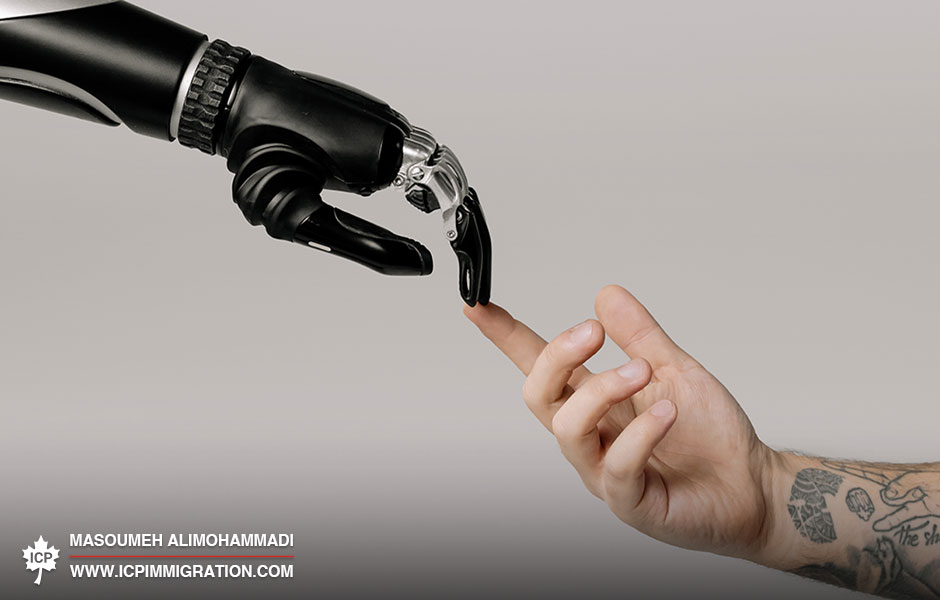In the coming years, Canada is on track to welcome the highest numbers of newcomers ever. In 2022, IRCC made more than five million final decisions on applications across all lines of business, double the number of decisions in 2021.
IRCC has rapidly shifted toward the digitization and “modernization” of Canada’s immigration system, which includes increased use of Artificial Intelligence (AI) and advanced data analytics to speed up application processing time. For example, Fraser said that this streamlining has contributed to processing 98% of spousal TRV applications and new applicants can now expect a processing time of just 30 days.
IRCC says digitizing the system and services will better meet the needs of clients and Canada, bolstered by new technological capabilities. Further, the department says that by leveraging technology, it can process applications more efficiently and free officers to focus more on complex applications.
There are no algorithms in any tools IRCC uses that will accept or reject an applicant. Candidates are not approved or denied a visa or permit based solely on a computer-generated decision.
Many worry that the use of AI by IRCC will lead to bias and a general lack of explanation for how decisions are made in processing applications.
Depending too heavily on AI can also lead to a lack of clarity in decision making. The directive says the federal government must be able to explain how administrative decisions are made. Further, individuals denied services or benefits have a right to a reasonable and understandable explanation from the government, which should go beyond indicating that it was a decision made by a computer.
IRCC says the rules used to support (but not finalize) the decision-making process are regularly reviewed by experienced officers, legal, policy, data science, privacy experts, and senior decision-makers to ensure they align with the eligibility criteria outlined in the Immigration and Refugee Protection Act.
Also, regular monitoring and quality assurance measures are in place to help ensure that these models continue to perform as intended and that any unforeseen negative impacts can be identified early and mitigated.
IRCC says they were one of the first government departments to use AIAs.
Minister Fraser remains optimistic about the use of technology and advanced analytics by IRCC. He says this has led to a huge boost in productivity and continued to stress that AI does not make any final decisions.
According to the final comment of the minister “At the end of the day our offers still make every determination for eligibility. It not possible for anyone to be denied through this technological solution.”




